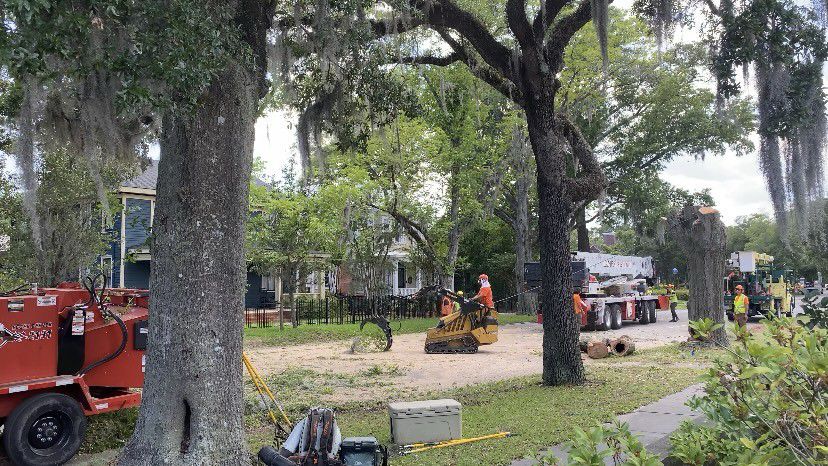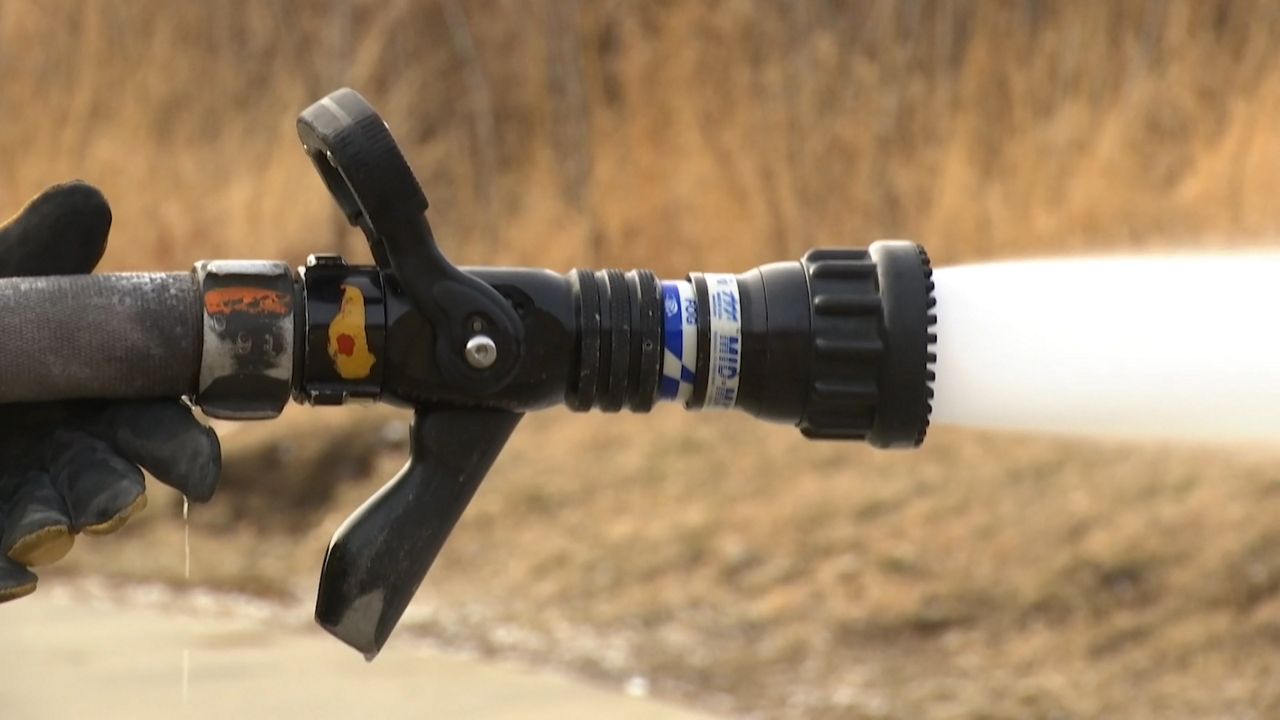CLAYTON, N.C. – Johnston County is still under a water shortage advisory after a line at the water treatment plant failed Monday night. Meanwhile, one farmer in Clayton is afraid the county’s natural resources, including water supply from the Neuse River, are being stretched too thin.
Jim Wiesner runs 6th Generation Farm in Clayton. The land has been in his family for more than 80 years.
“I don’t want no chemicals on my food, no herbicides, pesticides, anything on my food. We grow our own,” Wiesner said.
While farming is his hobby, it’s also a way for him to give back to the community.
“We set up a donation thing on the honor system. If they can afford to pay for it, they get it. If they can’t afford to pay for it, they still get it. It’s the same thing with the flowers and all the vegetables we grow out here,” Wiesner said.
He relies on a well, so he’s used to monitoring his water consumption, especially during a drought like now, which is impacting his crops.
“We have irrigation wells on our farm. They are completely dry. Every one of them is dry,” Wiesner said.“We have irrigation wells on our farm. They are completely dry. Every one of them is dry,” Wiesner said.
Chandra Farmer, the director of utilities for Johnston County, said Monday night’s pipe failure at the water treatment plan was due to age, but Wiesner believes the Neuse River offers a different perspective.
“This is one of the only drinking water resources for Johnston County, and it’s pulled. It’s strained right now,” Wiesner said. “If you look at the bank across, you can see where the water level was on the bank where it’s wet. It’s probably down two or three feet.”
As he thinks about the future, he’s worried that the area’s natural resources can’t keep up with the county’s growth.
“I’m going to be honest with you. I know a lot of elected officials don’t want to hear this, but there needs to be a moratorium on building until they can find another resource other than the Neuse River,” Wiesner said.
Back at his farm, Wiesner has grown frustrated watching his crops wither away.
“What’s impacting us is the county, the local government, has the right to pull water from the river. A farmer, trying to feed people, doesn’t have that right to pull that water from that river. We have to rely on our own water. We have to make sure our wells are deep enough and our irrigation system is up to par,” Wiesner said.
All of this is happening as Wiesner is preparing for hundreds of homes to be built right next to his farm over the next couple of years, increasing the demand for water even more.
“Water is the most natural precious resource we have on Earth. Everything we have needs water to survive,” Wiesner said. “Once that’s gone, what’s going to happen?”
Farmer said growth did not cause this issue, and the shortage advisory, which is not mandatory, is simply a precaution. This latest problem with the line happened in the same area of the pipe where the county had a problem last year. There’s a temporary fix in place, and the permanent repair should be complete within the next week.
Meanwhile, Clayton town officials voted Tuesday night to increase rates for water/sewer, electricity and garbage.

Starting July 1, the average utility customer will pay about $25 more per month or about $300 more per year. That includes a 15.8% increase for combined water-sewer, as well as a 7% increase for electricity.
Most of the added revenue will be used to build a new wastewater treatment plant for the town.
“The town's existing wastewater treatment plant is 55 years old and is nearing the end of its usefulness. The current site is too small for major enhancement or expansion, and the facility will not be able to keep up with the demands of the growth in the region. The new plant will be better for the environment, equipped with more modern processes and equipment, and sized to meet the needs of our local businesses and growing community,” Nathanael Shelton, communication director for the Town of Clayton, said.










